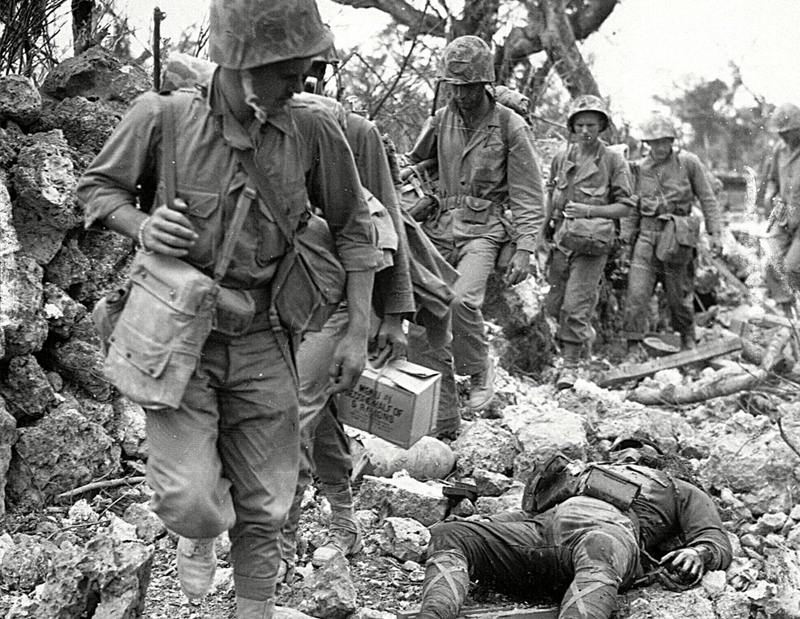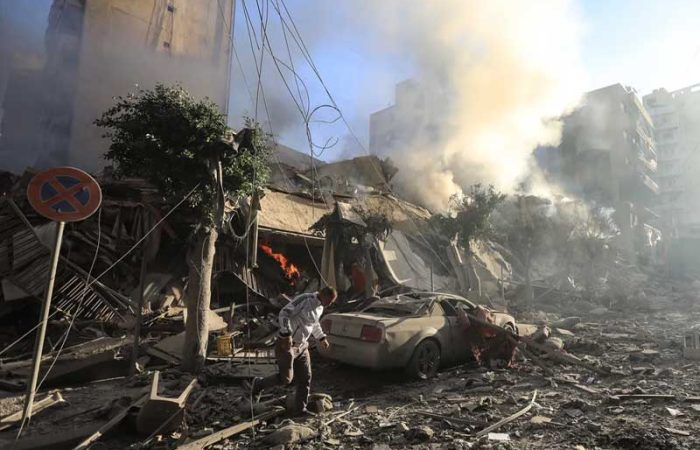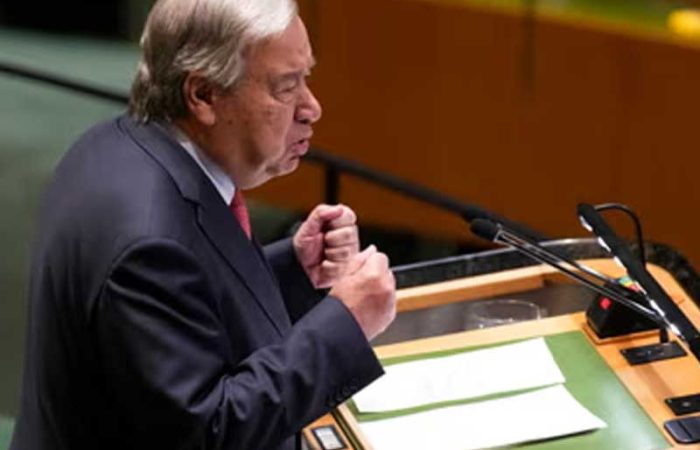Introduction:
On May 8th, the world commemorates the Time of Remembrance and Reconciliation for Those Who Lost Their Lives during the Second World War This solemn occasion provides an opportunity for nations and individuals to reflect on the tragic events of the past, honor the memory of those who perished, and reaffirm our commitment to peace, reconciliation, and the prevention of future conflicts.

Remembering the Sacrifice:
The Second World War, one of the deadliest conflicts in human history, claimed the lives of millions of people and caused untold suffering and devastation around the globe. From the battlefields of Europe to the Pacific islands, from the Holocaust to the bombings of Hiroshima and Nagasaki, the war left an indelible mark on humanity, reminding us of the horrors of war and the importance of striving for peace.
Honoring the Victims:
On this day, we pay tribute to the millions of soldiers, civilians, and resistance fighters who lost their lives during the Second World War. We remember the courage and sacrifice of those who fought against tyranny and oppression, and we honor the resilience and spirit of those who endured unimaginable hardship and suffering. It is our solemn duty to ensure that their memory lives on and that their sacrifices are never forgotten.

Reconciliation and Healing:
The Time of Remembrance and Reconciliation also serves as a call for reconciliation and healing in the aftermath of war. It is a time to bridge divides, foster understanding, and promote forgiveness among nations and peoples who were once enemies. By acknowledging the past, confronting historical injustices, and working together to build a more peaceful and inclusive future, we honor the legacy of those who fought and died in the struggle for freedom and justice.
Promoting Peace and Tolerance:
As we commemorate this day, let us reaffirm our commitment to the principles of peace, tolerance, and human rights. Let us strive to build a world where conflicts are resolved through dialogue and diplomacy, where diversity is celebrated and respected, and where the rights and dignity of all individuals are upheld. By promoting reconciliation and understanding, we can honor the memory of those who perished in the Second World War and create a brighter future for generations to come.
Conclusion:
As we observe the Time of Remembrance and Reconciliation for Those Who Lost Their Lives during the Second World War, let us pause to reflect on the lessons of history and the enduring legacy of those who made the ultimate sacrifice for freedom and peace. May their memory inspire us to work tirelessly for a world free from the scourge of war, where justice, compassion, and reconciliation prevail. Together, let us strive to build a future worthy of their sacrifice.
“The ultimate test of a man’s conscience may be his willingness to sacrifice something today for future generations whose words of thanks will not be heard.”
The writer is a seasoned researcher and a criminologist currently working as a Senior Project Manager at the International Commission on Human Rights (ICOHR), a Human Rights NGO in Pakistan.



